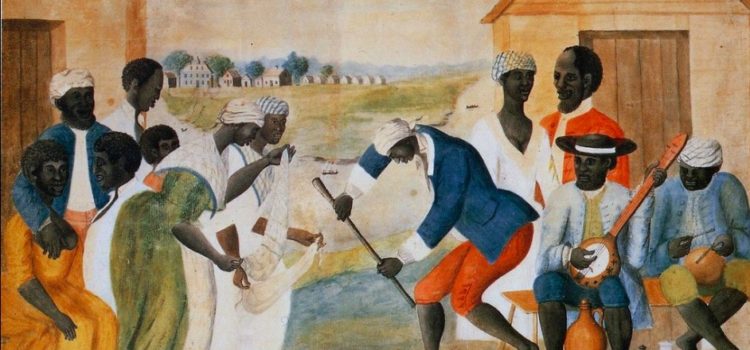What can we learn from the way China’s Jin Dynasty conducted itself in battle? What lessons can the Jin Dynasty teach us about knowing your enemy, exploiting momentum, and governing your forces? We’ll cover the Jin Dynasty’s military strategies and what we can learn from their successes and defeats.
Jin Dynasty: 3 Lessons on Success in Battle (Sun Tzu)










